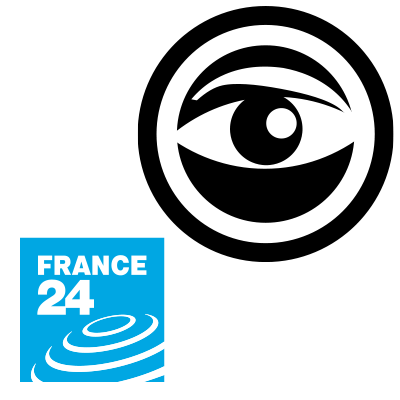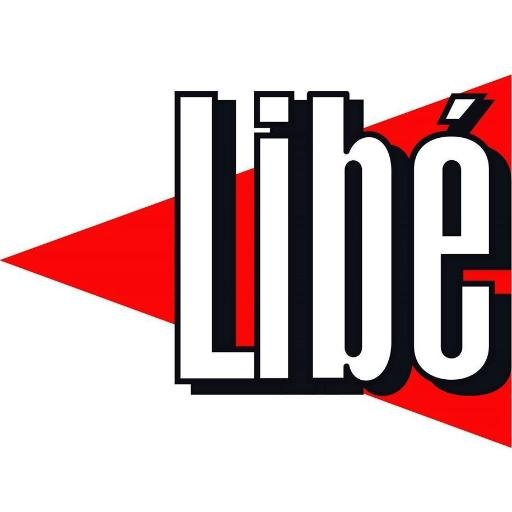Le Figaro is accused of manipulating a poll on France’s possible exit from the Eurozone, because the question asked in said poll differed from the one indicated in the URL of its webpage. However, the history of the poll’s webpage does not show any modification of the question.
In the poll published on March 8th, Le Figaro asks its readers: “Are you worried about the consequences of exiting the Eurozone?” A clear majority of the 75,000 voters answered “yes”, but the webpage’s URL indicates an entirely different question (Are you in favor of exiting the Eurozone?”).
Web users of JeuxVideo.com, a gaming forum also used by keen conspiracy theorists, flagged this discrepancy and described it as a ploy by Le Figaro to manipulate its readers. Le Figaro’s objective according to JeuxVideo.com’s users: to make one believe the French fear a Eurozone exit, when in reality the poll shows that a majority are in favor of it. A discussion on the subject has garnered much interest (over 30 webpages in total).
https://twitter.com/AvecMarine2017/status/841324892561780738
(Translation: ‘Blatant misdemeanour by @Le_Figaro which manipulated a poll on the Euro, changing the question in order to inverse the current trend… #Frexit’)
On Twitter, accounts presenting themselves as supporters of candidates in favor of leaving the Eurozone (e.g. François Asselineau or Marine Le Pen), were angered by this supposed media manipulation. The euro-sceptic website Ruptures and many Facebook accounts also shared this rumour.
(Translation: ‘On the 9th of March you can find on Le Figaro’s website the poll asking the following question: “Are you worried of the consequences of exiting the Eurozone?” 75 000 people answered yes which represents close to 60%. The only problem is that in the web page’s URL of said poll, it would seem that the initial question is “Are you in favor of exiting the Euro?” Oops! It would seem that once more the populace didn’t vote the way they should have, hence they rushed to changed the question. P.S. Newspaper Le Figaro was given a green tag by Le Décodex’ [Note: Le Décodex is a news verification tool created by French newspaper Le Monde].
The initial question however had not been modified. Most comments on the poll – the first of which were posted 30 minutes after the poll went live – answer the question “Are you worried about the consequences of exiting the Eurozone?” An archive of the webpage taken less than 30 minutes after the poll’s publication also shows that the question had not been changed.

As yet no one involved in the poll at Le Figaro could be reached for comment.
This article arose in response to a question submitted by a web user.

 Misleading
Misleading




 Manufactured
Manufactured












 Misattributed
Misattributed